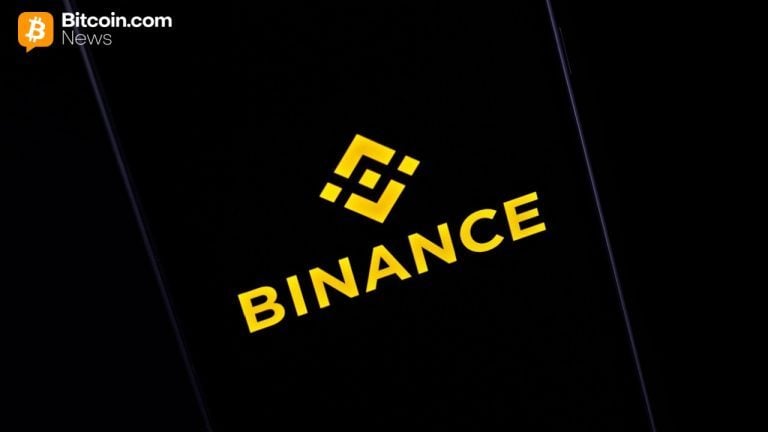Hong Kong to Start Allowing Retail Crypto Trading in March Next Year: Report – Regulation Bitcoin News
3 min read
Hong Kong is relaxing its crypto regulation to allow retail investors to trade digital assets directly. A licensing regime for crypto platforms that allows retail crypto trading is reportedly set to be enforced in March next year.
Hong Kong Nears Allowing Retail Crypto Trading
Hong Kong is reportedly relaxing its strict cryptocurrency regulation with a plan to allow retail crypto trading, Bloomberg reported Thursday, citing people familiar with the matter.
A mandatory licensing regime for cryptocurrency platforms that allows retail crypto trading is set to be enforced in March next year, the publication conveyed, elaborating:
Hong Kong plans to legalize retail trading for crypto starting in March after years of skepticism — a stark contrast to mainland China’s ban.
Moreover, regulators are seeking to allow retail exchanges to list large cryptocurrencies, like bitcoin (BTC) and ether (ETH), the news outlet added. The listing rules are likely to include criteria such as the token’s market value, liquidity, and inclusion in third-party crypto indexes.
Gary Tiu, executive director at crypto firm BC Technology Group, commented:
Introducing mandatory licensing in Hong Kong is just one of the important things regulators have to do. They can’t forever effectively close the needs of retail investors.
Michel Lee, executive president of digital asset financial services group Hashkey, explained that Hong Kong has been trying to create an all-encompassing crypto regime, citing tokenized stocks and bonds as a potentially more important segment in the future. “Just trading digital assets on its own is not the goal. The goal is really to grow the ecosystem,” he was quoted as saying.
Hong Kong’s top financial regulator, the Securities and Futures Commission (SFC), introduced a voluntary licensing regime in 2018. It restricted crypto trading platforms to clients with portfolios of at least HK$8 million ($1 million). However, the tough regulation turned away many crypto businesses and only two firms — BC Technology Group and Hashkey — were approved.
Many people are skeptical of the new crypto regulation, however. Bitcoin Association of Hong Kong co-founder Leonhard Weese shared:
The kind of conversations I’ve had was that people still fear there’ll be a very strict licensing regime. Even if they’re able to deal directly with retail users, they’re still not going to be as attractive or as competitive as overseas platforms.
The SFC’s director of licensing and head of the fintech unit, Elizabeth Wong, said last week: “We’ve had four years of experience in regulating this industry … We think that this may be actually a good time to really think carefully about whether we will continue with this professional investor-only requirement.” She noted that Hong Kong could also authorize exchange-traded funds (ETFs) to offer exposure to mainstream crypto assets.
What do you think about Hong Kong allowing retail cryptocurrency trading? Let us know in the comments section below.
Image Credits: Shutterstock, Pixabay, Wiki Commons
Disclaimer: This article is for informational purposes only. It is not a direct offer or solicitation of an offer to buy or sell, or a recommendation or endorsement of any products, services, or companies. Bitcoin.com does not provide investment, tax, legal, or accounting advice. Neither the company nor the author is responsible, directly or indirectly, for any damage or loss caused or alleged to be caused by or in connection with the use of or reliance on any content, goods or services mentioned in this article.
Read disclaimer




